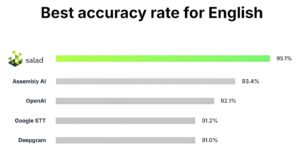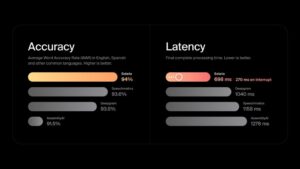Can the Humanities Endure in the Age of Artificial Intelligence?

Understanding the Impact of AI on Human Interaction
The Role of Artificial Intelligence in Education
In recent discussions about artificial intelligence (AI), an interesting observation came from a bright student who felt a unique sense of freedom when engaging with AI systems. This student noted that interacting with a machine allowed her to focus deeply on her thoughts and questions without the social pressures that often come with human interactions. She found that the AI provided her with an unprecedented level of attention—something she had seldom experienced with people. This reaction illustrates a significant shift in how technology can influence our perception of communication and understanding.
The Distinction Between Machine and Human Interaction
Many young learners are becoming increasingly aware of the differences between machine and human interactions. While AI systems have remarkable capabilities, including the ability to process vast amounts of information quickly, they lack genuine emotions and consciousness. They are fundamentally tools built on complex algorithms designed to predict responses based on the data they have been trained on.
For instance, AI systems analyze an immense range of human interactions captured in texts and digital content to formulate their responses. They can mimic human conversation patterns, yet they do not possess the emotional depth or ethical considerations intrinsic to true human relationships. The student’s realization of this distinction speaks to a broader contemplative process about how we relate to others, human or machine.
Learning and the Nature of Inquiry
In the context of academia, there’s an ongoing debate about the value of traditional learning versus the efficiencies brought by AI. A student once posed a thought-provoking question about the difference between hermeneutics, which is the science of interpretation, and information theory. This inquiry highlights the necessity for humanistic traditions in education, emphasizing that understanding human experiences cannot simply be substituted with mathematical formulas or computational efficiency.
The essence of education is to cultivate an environment where genuine human voices and thoughts are valued. It’s about engaging students in meaningful dialogues that inspire critical thinking and self-discovery. As Julia, a senior in history, mentioned, while the capabilities of AI can evoke feelings of inadequacy, it ultimately does not define our individual experiences or consciousness. This realization can be empowering, enabling students to appreciate their unique human qualities.
The Changing Landscape of Humanities
As AI continues to advance, many worry about its implications for the humanities. Traditional scholarship, such as writing monographs, may become less relevant as AI can produce vast amounts of content quickly. However, the core mission of the humanities has always revolved around understanding the complexities of human existence rather than merely accumulating facts and data.
Humanities scholars may now prioritize insights into humanity’s fundamental questions: What does it mean to live? How do we navigate life’s challenges? Such inquiries are often overshadowed by the race for productivity and data-driven knowledge, which can be easily automated. The essence of humanity lies in exploration, emotion, and ethical considerations, which remain untouched by AI’s computational abilities.
Embracing New Opportunities
With AI’s encroachment on traditional domains of knowledge production, there is an opportunity for scholars to adapt their approaches. Rather than relying on rote learning or coercion to instill a desire for knowledge, educators can focus on fostering genuine interest in the subjects at hand. As educators reshape curricula to prioritize engagement and personal investment in learning, they can guide students to find joy and purpose in their academic pursuits.
Moreover, the presence of AI might challenge educators to reconsider their roles in the learning process. No longer can they simply dispense knowledge; they must become facilitators who inspire students to explore human experiences and philosophical inquiries. By reframing our interaction with knowledge as a collaborative journey rather than one of mere information transfer, we can enrich our understanding of what it means to be human in an increasingly automated world.
As we navigate this transformation, the relationship between human intellect and artificial intelligence will continue to evolve, prompting us to reflect on the values and insights that truly define our existence.




